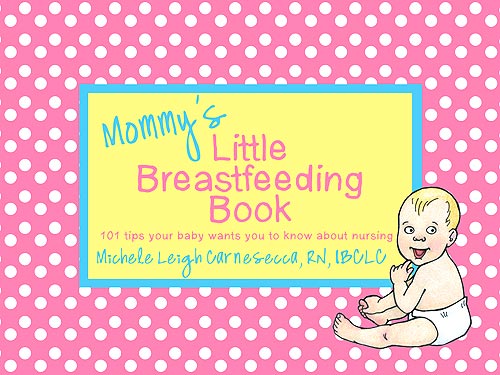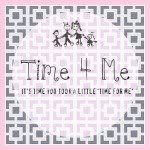Alright! It's no secret that I haven't been as supportive of breastfeeding as I could be. In fact, I work on a postpartum unit as an aid and I frequently THANK HEAVENS that aids aren't supposed to do any breastfeeding teaching. I bottle fed my babies because when I tried to do the nursing thing with my first it was a night mare. Strange old ladies touching my boobs. No way I was doing that again with baby #2. SO....I have become the #1 supporter of the formula companies. I once recently joked with the Similac Rep when he came to the hospital that I would like to grow up and have his job one day. Changing the world one bottle at a time!
I have to admit though, lately, I am starting to see the error of my ways. I'm not admitting that breastfeeding is for me, I'm just saying that perhaps breastfeeding isn't as bad as I pretend it is. I have a friend that recently had twin baby girls. She is amazing. She will be the best little mom. She is VERY dedicated to strictly breastfeeding. She would never do so if it for any reason was dangerous for the babies. (for example if they had low blood sugars or lost too much weight) This got me thinking, for the moms that are really dedicated and determined to make breastfeeding work and work for the long term what could I do to be more supportive. So, let my research begin........here's what I learned. The most interesting for me wasn't how to build and sustain a good milk supply, it was the mechanics behind breast milk. I went
HERE and learned about what they call endocrine control of milk which basically means that in the beginning your hormones control your milk supply. I love the way they describe it as "
a safety net for the milk supply in case things between mom and baby don't get off to an ideal start." Then after the first few weeks as your mature milk comes in it is called the autocrine control of milk. This period basically means supply and demand. Your body is going to produce based on what is emptied. So if you have a baby that doesn't eat well or if you are spending long periods of time away from your baby then your milk supply will decrease. SO, what was the best advice I found on keeping a good milk supply? Pump after each feeding. Keep in mind if you have a crappy pump then it's not going to do you any good. Best advice for if your milk supply decreases?
POWER PUMPING! Anyone know what that is? I sure wish I had. Apparently the advice from lactation nurses is to power pump. To power pump you pump for 10 minutes then rest for 10 minutes on and off for 1 hour. It's like tricking your body into a growth spurt. Well, a milk spurt. Lol. The other thing I found that they recommended was to take fenugreek. Stay tuned. Who knows maybe my next post will be about breastfeeding holds and other tips. Well, maybe not either. :)
If I have favorite lactation consultant the author of this book is her. Anything good I know about breastfeeding is from her. I <3 Michelle. Check out her book.
I found the following review of her book and I love it!
"When my daughter was born and wouldn’t latch on to my breast for the first ten days of her life I felt very helpless and alone. I had no idea that breastfeeding would be this difficult, had no one in my immediate circle who was able to help me figure things out and had no time to read a book. I eventually sought out the help of a lactation consultant and La Leche League but I wish I had
Mommy’s Little Breastfeeding Book: 101 Tips Your Baby Wants You to Know About Nursing by Michele Leigh Carnesecca, RN, IBCLC in my hands.
Though there are plenty of breastfeeding books out there, what I like about this one is how to-the-point and easy-to-read it is. Written by a registered nurse and lactation consultant who realized that she was repeating the same breastfeeding tips over and over again to nursing mothers, the book is divided into three categories — Before the Hospital, At the Hospital and At Home. Each page offers important information without scaring off the reader. I also like that it offers product suggestions and can, at times, even be funny while still sharing crucial tips. The book’s small size is also appealing as it can easily be carried in a bag."











 BLOG DIRECTORY, Submit blog free, Promote Blog, Best directory
BLOG DIRECTORY, Submit blog free, Promote Blog, Best directory